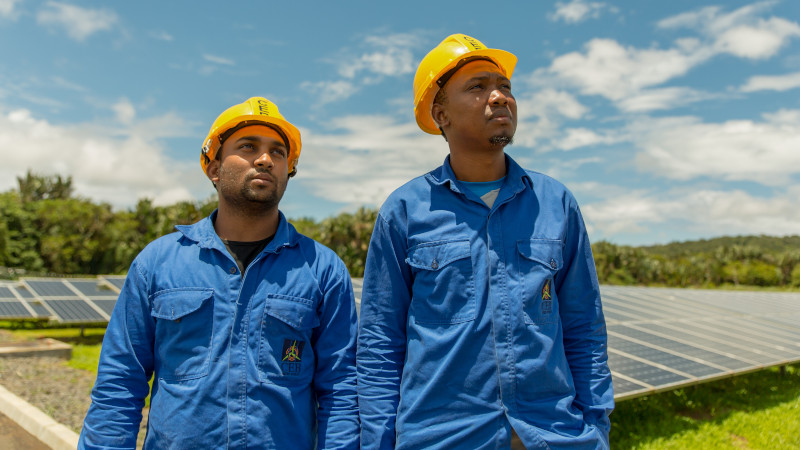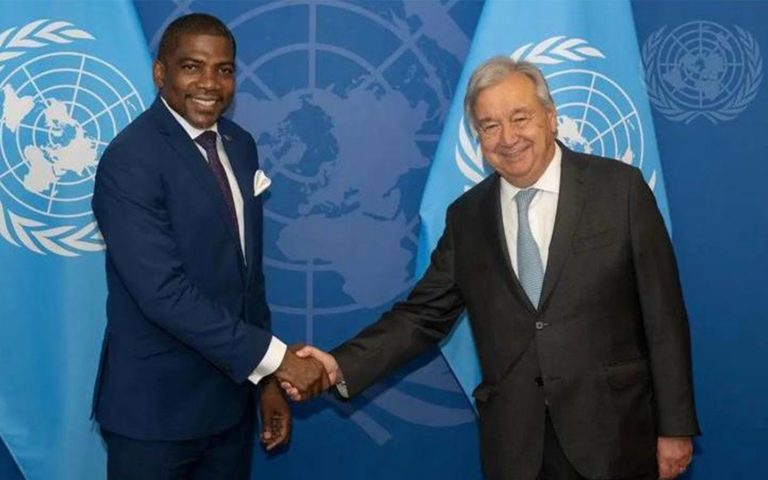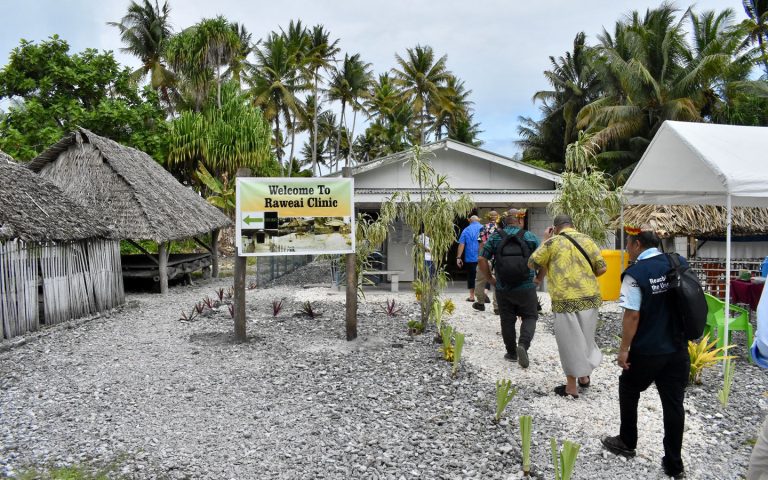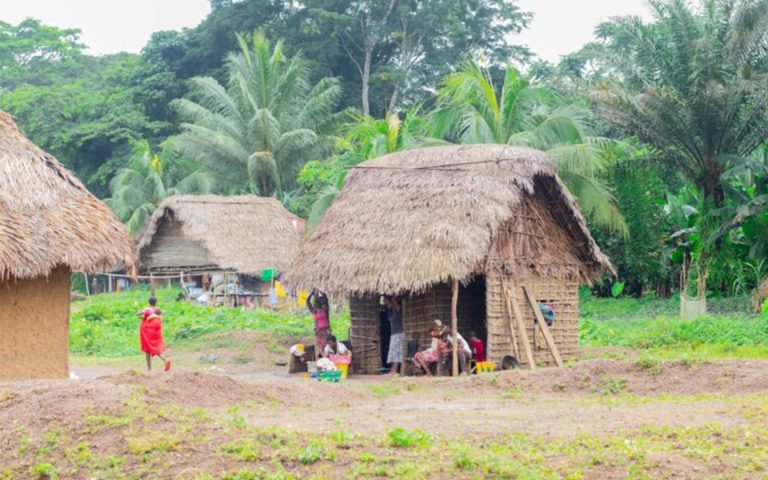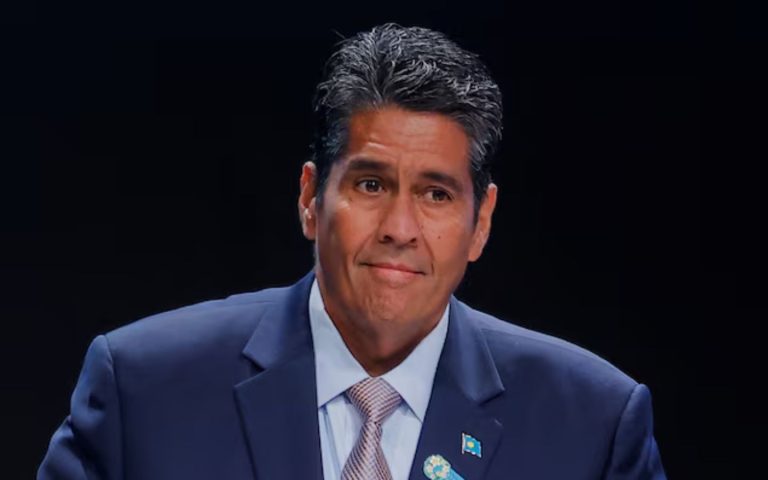Photo: UNDP Mauritius/Stephane Bellerose. Retrieved from undp.org
Excerpt from undp.org
For decades, Mauritius relied on imported fossil fuels for electricity. More than 70 percent of its energy requirements are met by oil and gas, accounting for 62 percent of its greenhouse gas emissions.
With the renewable energy mix at around 18 percent, plans are underway to ramp this up to 60 percent by 2030, with a goal to phase out coal in the generation of electricity at the same time. The country is on the way to a low-carbon economy, with job growth and reduced vulnerability to economic shocks.
A large volume of greenhouse gas emissions came from the buildings sector in Mauritius, responsible for some 78 percent of electricity consumption. With more demand for housing and air conditioning, a 60 percent increase in energy consumption was predicted.
The Removal of Barriers to Energy Efficiency and Energy Conservation in Buildings project in Mauritius, funded by the GEF, tackled energy use in buildings. An Energy Efficiency Management Office was established and a tariff to guarantee a high price for renewable energy helped cut the cost of installing solar panels. An Energy Efficiency Act and the Building Control Act were passed, to raise awareness of the benefits of energy conservation and remove technical barriers.

